. . . Or Don’t Know!
When I was a teenager starting to pursue my writing passion, I was constantly bombarded with the adage: write what you know. I found this a little bit frustrating, to say the least. After all, I was about fourteen. What did I know? Very little, I’ll tell you.
Imagine life without Google. When I was starting out, there was no quick way to find out the stuff I didn’t know. I couldn’t type in the computer, “When were hand-pumps invented?” Good grief, computers? Only NASA had those things, and they took up an entire room! The World Wide Web hasn’t been around very long, but it sure has changed the way we find information.
But, still, I was told to write what I had knowledge of. I didn’t travel the world – I still don’t. I hadn’t been in any serious relationships. I knew that my youth would be smiled at when it came to big, worldly topics. What I did know was high school and camping and riding my bike and swimming in the creek by my house. My world was as small as Tom Sawyer’s.
So how was I supposed to write what I knew? How are you supposed to do that?
First of all, take a look at the small things, rather than the big ones. You don’t know first-hand about marriage and raising children or living in a 3rd world nation – all that stuff. But you do know about some of the things that I knew about. Take those little life experiences and let them live and breathe in your writing.
If, like me, you ride your bike a lot or swim in creeks, then let your character do those things. Whatever kind of story you’re telling, let your small life experiences unfold in the story.
She couldn’t take it anymore. She flew out of the house and yanked her bike out of the garage, knocking over her brother’s fishing pole with the wheel. She didn’t care. She didn’t even stop to pick it up. She got on and pushed the pedals hard until the wobbling tire straightened out and the gravel crunching under the wheels sounded like a soft roar as she pedaled down the road.
I knew then, and I still remember years and years later, what it felt like to be mad, to take off on my bike, to try to put distance between myself and home, to hear those wheels spinning on rocks or pavement.
There are so many similar things you know that you maybe don’t think about. I write a lot of stuff set in forests. Some of it is historical. As a kid, I learned what it’s like to walk for long distances in wild country, to hunt, to gut out a deer, to breathe in the scent of wild flowers and pine pitch.
Those small experiences will make your stories come to life with real power.
NOW – about that other part – what you DON’T know.
People who write historical stories have never gone back in time and ridden on a wagon train. I pretty much doubt that science fiction writers have been abducted by aliens and gotten to travel in space ships either. They don’t know what they’re writing about. Not really. But still they write about these things with such passion and insight, we believe they really know what they’re talking about. It seems like only a person who’s experienced some of these things can be writing about them.
That’s where research comes into play combined with those little things we do know. Writers sometimes have to write about things they don’t know. But they have to really research them. Writers who don’t like to read will never really become excellent in their craft. So, read, read, READ! Read the kind of stories you like to write, but read other kinds of stories too. Read biographies. Read about science. Read histories.
I never really liked history until after I graduated from high school. Names and dates bored me. But then I started reading more historical fiction. In those stories, history suddenly came alive and mattered to me! Now I like to study history because I care about it.
Read that stuff. You’ll get great ideas there.
Sometimes writers can only imagine the nuances of the experiences and places they don’t know. I mean, think of J.R.R. Tolkien writing about life as a hobbit or even as a cave troll in Middle Earth! But when they add into the mix the things they do know, the unknown suddenly sprouts wings and takes off in fantastic ways!
Exercises:
Grab your journal and start writing down a list of the things you know about – your life experiences. Describe how you felt, what it was like, what you saw or smelled. Go ahead. Do it now.
You’ve gone hiking in the Rocky Mountains? Neat; lots of senses involved with that one. Write it down. You’ve walked through a huge motel and forgot how to find your room, or you got lost in the Mall of America? That would be kind of scary. You live on a farm – or in a major city? Some people have no idea what one or the other of those is like! Your brother just went on his first date? I bet that was funny to watch. Your family heats the house with firewood? That’s a lot of work. You just painted your bedroom? That’s a great skill, but paint makes you light-headed, doesn’t it? You went to summer camp? I bet there was some drama there.
Now take some of those experiences you’ve written down and think of how you can incorporate those experiences, or at least the feelings and senses of them, into your stories.
And as for the things you don’t know, go the library. Really explore your school books. Ask your world-traveling friends on Facebook. Google.
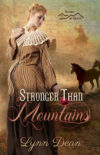
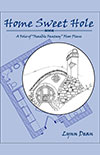

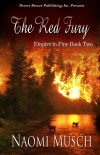
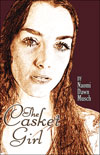
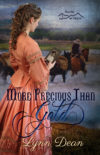
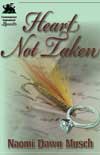
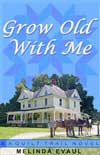
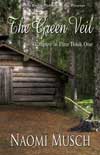
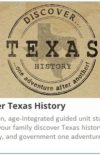
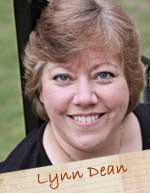
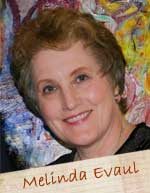
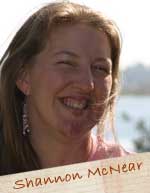
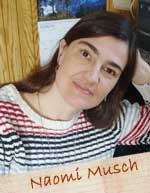
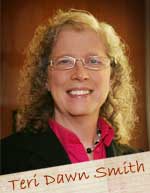
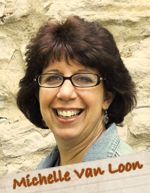
Speak Your Mind
You must be logged in to post a comment.